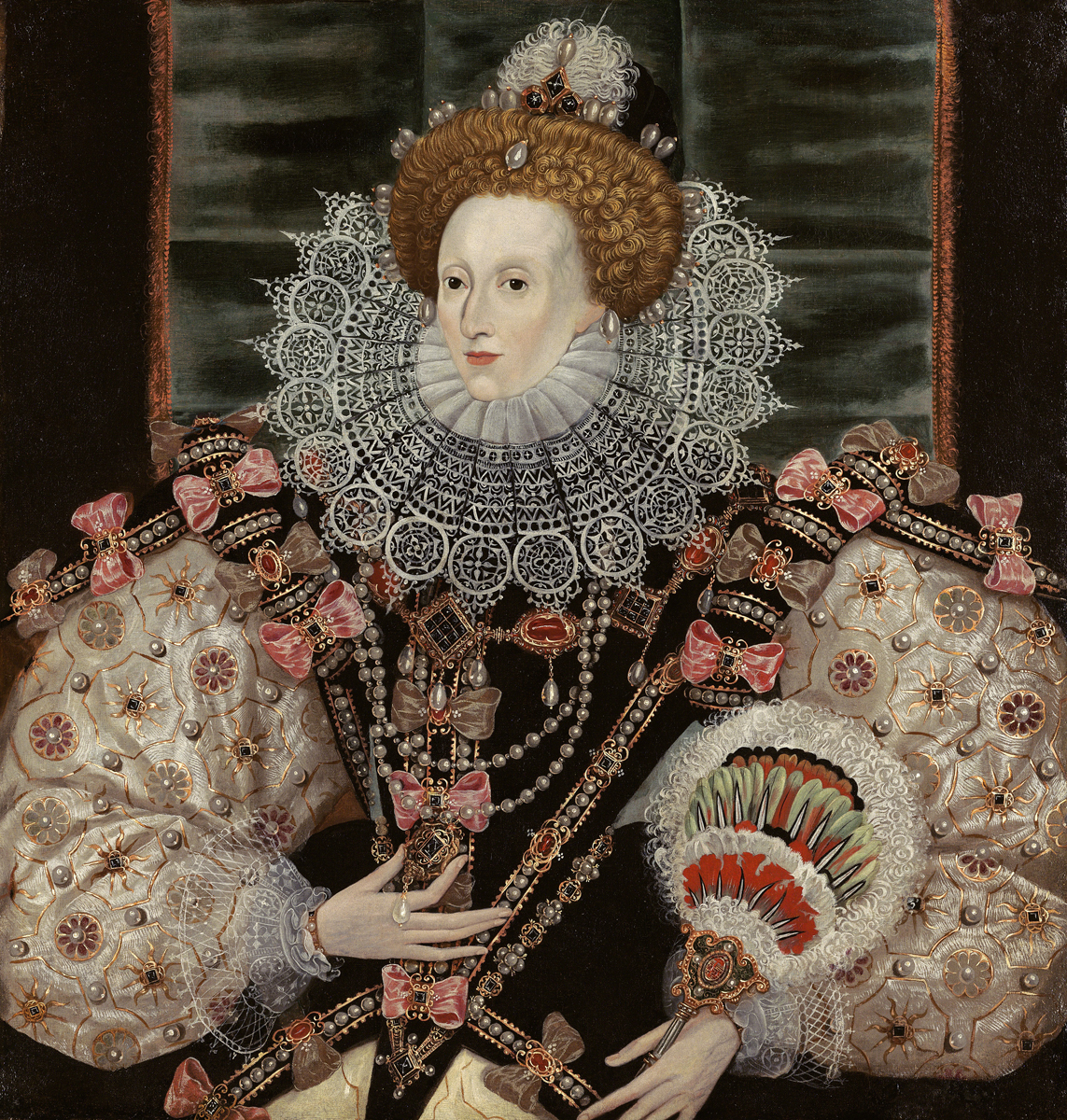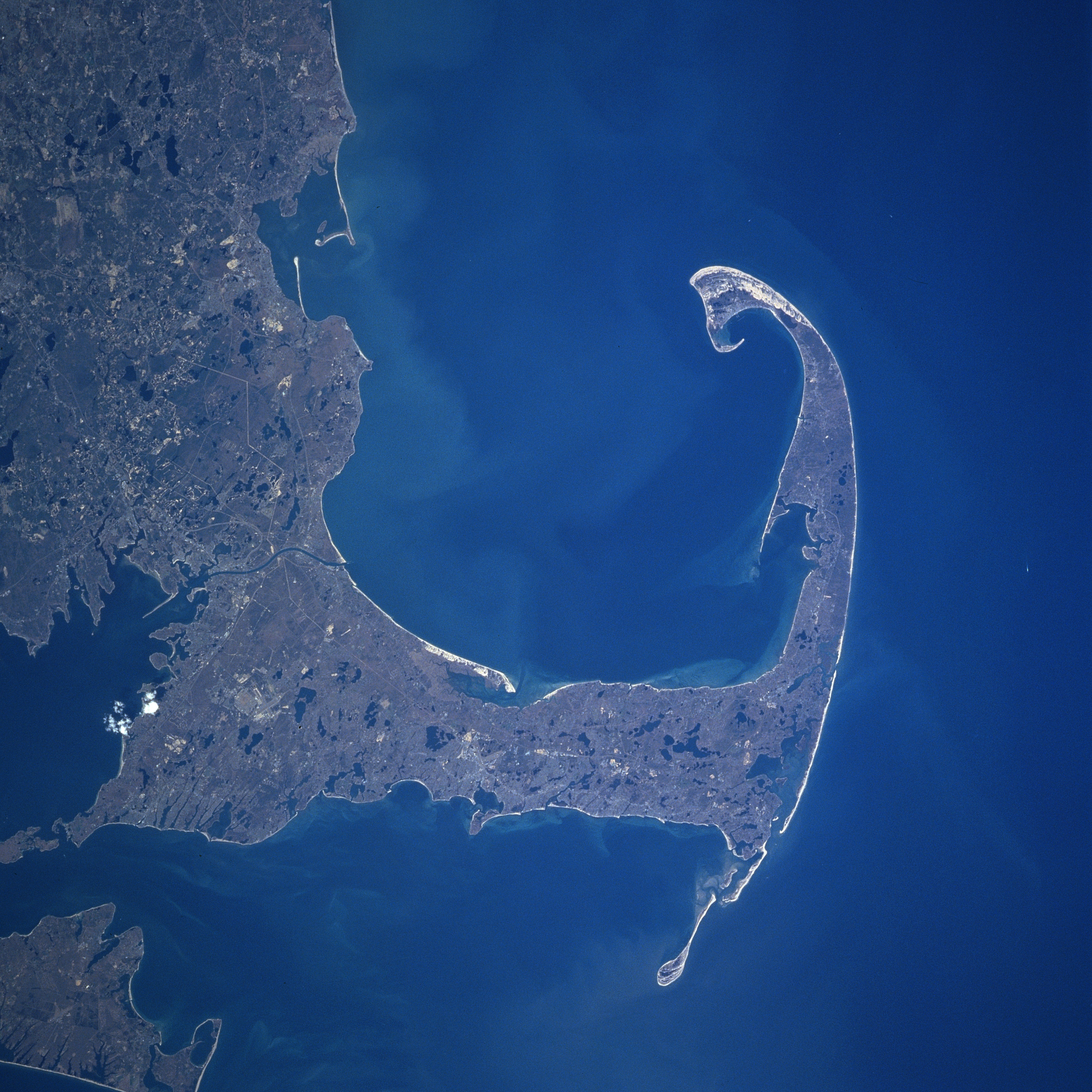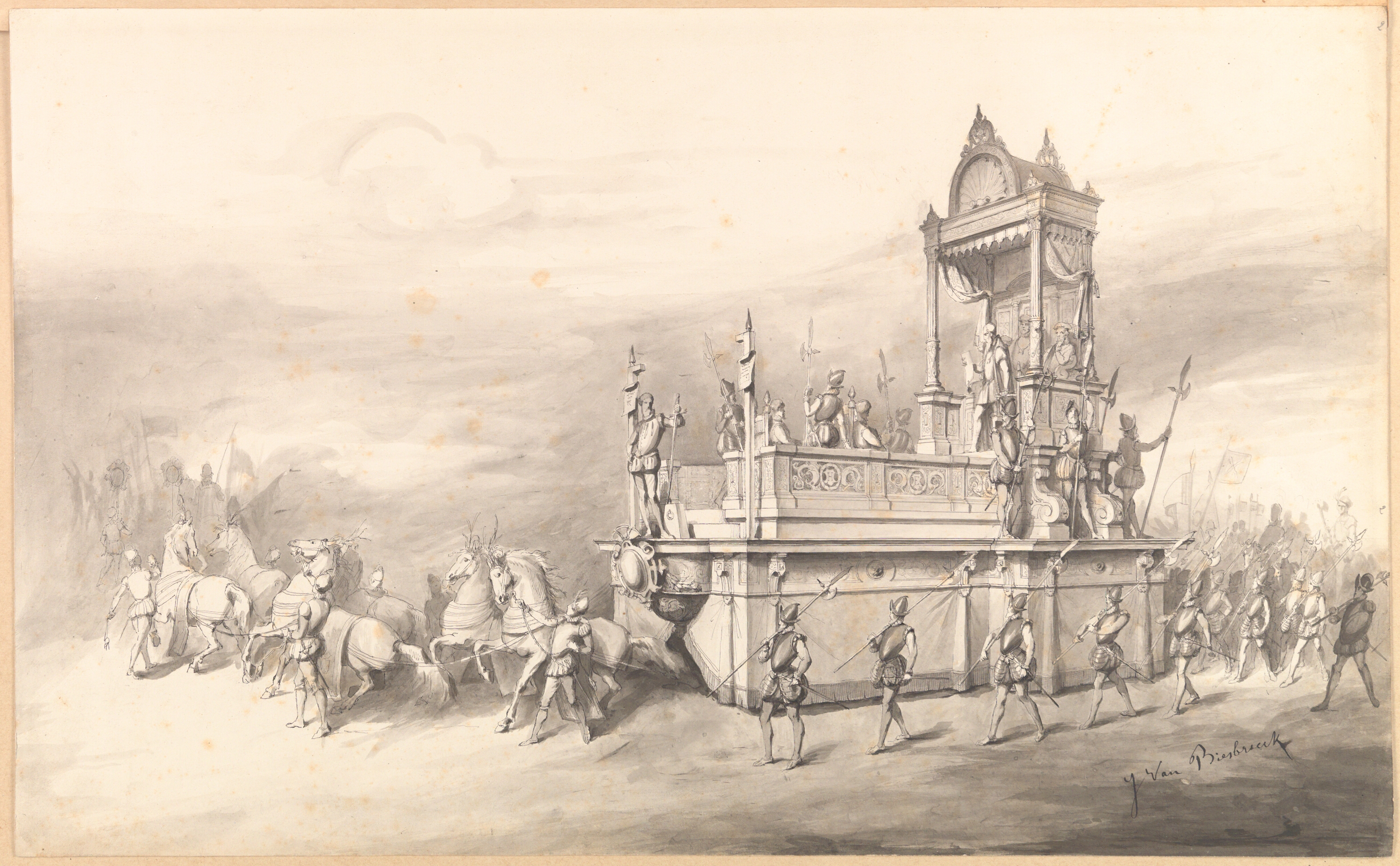|
November 8
Events Pre-1600 * 960 – Battle of Andrassos: Byzantines under Leo Phokas the Younger score a crushing victory over the Hamdanid Emir of Aleppo, Sayf al-Dawla. * 1278 – Trần Thánh Tông, the second emperor of the Trần dynasty, decides to pass the throne to his crown prince Trần Khâm and take up the post of Retired Emperor. *1291 Year 1291 ( MCCXCI) was a common year starting on Monday (link will display the full calendar) of the Julian calendar. Events By place Europe * August 1 – Federal Charter of 1291: The "three forest cantons" (''Waldstätte' ... – The Republic of Venice enacts a law confining most of Venice's glassmaking industry to the "island of Murano". *1519 – Hernán Cortés enters Tenochtitlán and Aztec ruler Moctezuma II, Moctezuma welcomes him with a great celebration. *1520 – Stockholm Bloodbath begins: A successful invasion of Sweden by Danish forces results in the execution of around 100 p ... [...More Info...] [...Related Items...] OR: [Wikipedia] [Google] [Baidu] |
Battle Of Andrassos
The Battle of Andrassos or Adrassos was fought on 8 November 960 between the Byzantines, led by Leo Phokas the Younger, and the forces of the Hamdanid Emirate of Aleppo under the emir Sayf al-Dawla. It was fought in an unidentified mountain pass in the Taurus Mountains. Sayf al-Dawla had established an emirate based in Aleppo in 945, and quickly emerged as the main Muslim antagonist of the Byzantine Empire on its eastern frontier. Both sides launched raids and counter-raids with alternating success: the Hamdanids invading the Byzantine provinces of Asia Minor, and the Byzantines raiding Hamdanid possessions in Upper Mesopotamia and northern Syria. In mid-960, taking advantage of the absence of much of the Byzantine army on campaign against the Emirate of Crete, the Hamdanid prince launched another invasion of Asia Minor, and raided deeply and widely into the region of Cappadocia. On his return, however, his army was ambushed by Leo Phokas at the pass of Andrassos. Sayf al-Daw ... [...More Info...] [...Related Items...] OR: [Wikipedia] [Google] [Baidu] |
Aztec
The Aztecs () were a Mesoamerican culture that flourished in central Mexico in the post-classic period from 1300 to 1521. The Aztec people included different ethnic groups of central Mexico, particularly those groups who spoke the Nahuatl language and who dominated large parts of Mesoamerica from the 14th to the 16th centuries. Aztec culture was organized into city-states ('' altepetl''), some of which joined to form alliances, political confederations, or empires. The Aztec Empire was a confederation of three city-states established in 1427: Tenochtitlan, city-state of the Mexica or Tenochca; Texcoco; and Tlacopan, previously part of the Tepanec empire, whose dominant power was Azcapotzalco. Although the term Aztecs is often narrowly restricted to the Mexica of Tenochtitlan, it is also broadly used to refer to Nahua polities or peoples of central Mexico in the prehispanic era, as well as the Spanish colonial era (1521–1821). The definitions of Aztec and Aztecs h ... [...More Info...] [...Related Items...] OR: [Wikipedia] [Google] [Baidu] |
Gunpowder Plot
The Gunpowder Plot of 1605, in earlier centuries often called the Gunpowder Treason Plot or the Jesuit Treason, was a failed assassination attempt against King James I by a group of provincial English Catholics led by Robert Catesby who sought to restore the Catholic monarchy to England after decades of persecution against Catholics. The plan was to blow up the House of Lords during the State Opening of Parliament on 5 November 1605, as the prelude to a popular revolt in the Midlands during which King James's nine-year-old daughter, Elizabeth, was to be installed as the Catholic head of state. Catesby may have embarked on the scheme after hopes of securing greater religious tolerance under King James I had faded, leaving many English Catholics disappointed. His fellow contributors were John and Christopher Wright, Robert and Thomas Wintour, Thomas Percy, Guy Fawkes, Robert Keyes, Thomas Bates, John Grant, Ambrose Rookwood, Sir Everard Digby and Francis Tresham. Faw ... [...More Info...] [...Related Items...] OR: [Wikipedia] [Google] [Baidu] |
Robert Catesby
Robert Catesby (c. 1572 – 8 November 1605) was the leader of a group of English Catholics who planned the failed Gunpowder Plot of 1605. Born in Warwickshire, Catesby was educated in Oxford. His family were prominent recusant Catholics, and presumably to avoid swearing the Oath of Supremacy he left college before taking his degree. He married a Protestant in 1593 and fathered two children, one of whom survived birth and was baptised in a Protestant church. In 1601 he took part in the Essex Rebellion but was captured and fined, after which he sold his estate at Chastleton. The Protestant James I, who became King of England in 1603, was less tolerant of Catholicism than his followers had hoped. Catesby therefore planned to kill him by blowing up the House of Lords with gunpowder during the State Opening of Parliament, the prelude to a popular revolt during which a Catholic monarch would be restored to the English throne. Early in 1604 he began to recruit other Catholics to his ... [...More Info...] [...Related Items...] OR: [Wikipedia] [Google] [Baidu] |
1605
Events January–June * January 16 – The first part of Miguel de Cervantes' satire on the theme of chivalry, ''Don Quixote'' (''El ingenioso hidalgo don Quixote de la Mancha'', "The Ingenious Hidalgo Don Quixote of La Mancha"), is published in Madrid. One of the first significant novels in the western literary tradition, it becomes a global bestseller almost at once. * March 11 – A proclamation declares all people of Ireland to be the direct subjects of the British Crown and not of any local lord or chief. * April 1 – Pope Leo XI succeeds Pope Clement VIII, to become the 232nd pope, as a result of the heated Papal conclave of March 1605. * April 8 – The city of Oulu ( sv, Uleåborg) was founded by King Charles IX of Sweden. * April 13 – Tsar Boris Godunov dies; Feodor II accedes to the Russian throne. * April 16 – In England, John Winthrop, later governor of the future Massachusetts Bay Colony, marries his first wife (of 4), Mary Forth, daughter of John ... [...More Info...] [...Related Items...] OR: [Wikipedia] [Google] [Baidu] |
University Of Oxford
The University of Oxford is a collegiate research university in Oxford, England. There is evidence of teaching as early as 1096, making it the oldest university in the English-speaking world and the world's second-oldest university in continuous operation. It grew rapidly from 1167 when Henry II banned English students from attending the University of Paris. After disputes between students and Oxford townsfolk in 1209, some academics fled north-east to Cambridge where they established what became the University of Cambridge. The two English ancient universities share many common features and are jointly referred to as ''Oxbridge''. Both are ranked among the most prestigious universities in the world. The university is made up of thirty-nine semi-autonomous constituent colleges, five permanent private halls, and a range of academic departments which are organised into four divisions. All the colleges are self-governing institutions within the university, each controlling ... [...More Info...] [...Related Items...] OR: [Wikipedia] [Google] [Baidu] |
Bodleian Library
The Bodleian Library () is the main research library of the University of Oxford, and is one of the oldest libraries in Europe. It derives its name from its founder, Sir Thomas Bodley. With over 13 million printed items, it is the second-largest library in Britain after the British Library. Under the Legal Deposit Libraries Act 2003, it is one of six legal deposit libraries for works published in the United Kingdom, and under Irish law it is entitled to request a copy of each book published in the Republic of Ireland. Known to Oxford scholars as "Bodley" or "the Bod", it operates principally as a reference library and, in general, documents may not be removed from the reading rooms. In 2000, a number of libraries within the University of Oxford were brought together for administrative purposes under the aegis of what was initially known as Oxford University Library Services (OULS), and since 2010 as the Bodleian Libraries, of which the Bodleian Library is the large ... [...More Info...] [...Related Items...] OR: [Wikipedia] [Google] [Baidu] |
1602
Events January–June * January 3 – Battle of Kinsale: The English defeat Irish rebels and their Spanish allies. (The battle happens on this date according to the Gregorian calendar used by the Irish and Spanish but on Thursday, 24 December, 1601 according to the old Julian calendar used by the English.) * February 2 (Candlemas night) – First known production of William Shakespeare's comedy '' Twelfth Night'', in London. * March 20 – The United East India Company is established by the United Provinces States-General in Amsterdam, with the stated intention of capturing the spice trade from the Portuguese. * April 20 – The Danish–Icelandic Trade Monopoly is established by the Danish Monarch, in light of recently implemented absolutism. * May 15 – English explorer Bartholomew Gosnold, sailing in the ''Concord'', becomes the first European at Cape Cod. * June – James Lancaster's East India Company fleet arrives at Achin (modern-day Aceh), Sumatra t ... [...More Info...] [...Related Items...] OR: [Wikipedia] [Google] [Baidu] |
States General Of The Netherlands
The States General of the Netherlands ( nl, Staten-Generaal ) is the supreme bicameral legislature of the Netherlands consisting of the Senate () and the House of Representatives (). Both chambers meet at the Binnenhof in The Hague. The States General originated in the 15th century as an assembly of all the provincial states of the Burgundian Netherlands. In 1579, during the Dutch Revolt, the States General split as the northern provinces openly rebelled against Philip II, and the northern States General replaced Philip II as the supreme authority of the Dutch Republic in 1581. The States General were replaced by the National Assembly after the Batavian Revolution of 1795, only to be restored in 1814, when the country had regained its sovereignty. The States General was divided into a Senate and a House of Representatives in 1815, with the establishment of the United Kingdom of the Netherlands. After the constitutional amendment of 1848, members of the House of Representative ... [...More Info...] [...Related Items...] OR: [Wikipedia] [Google] [Baidu] |
Pacification Of Ghent
The Pacification of Ghent, signed on 8 November 1576, was an alliance between the provinces of the Habsburg Netherlands. The main objectives were to remove Spanish mercenaries who had made themselves hated by all sides due to their plundering, and to promote a formal peace with the rebellious provinces of Holland and Zeeland. Background In 1566, the Habsburg Netherlands experienced considerable political upheaval and civil unrest, which culminated in the iconoclastic fury of that year. Its ruler, Philip II of Spain, responded by appointing Fernando Álvarez de Toledo, 3rd Duke of Alba as Governor-general, and in 1567 he arrived there to restore order, accompanied by an army of mercenaries. Philip soon replaced the most important advisors to former regent Margaret of Parma, either by summarily executing those such as the counts of Egmont and Hoorn, or by driving them into exile, as he did to William the Silent. Philipe de Croÿ, Duke of Aerschot, however, remained in favor as l ... [...More Info...] [...Related Items...] OR: [Wikipedia] [Google] [Baidu] |
Eighty Years' War
The Eighty Years' War or Dutch Revolt ( nl, Nederlandse Opstand) ( c.1566/1568–1648) was an armed conflict in the Habsburg Netherlands between disparate groups of rebels and the Spanish government. The causes of the war included the Reformation, centralisation, taxation, and the rights and privileges of the nobility and cities. After the initial stages, Philip II of Spain, the sovereign of the Netherlands, deployed his armies and regained control over most of the rebel-held territories. However, widespread mutinies in the Spanish army caused a general uprising. Under the leadership of the exiled William the Silent, the Catholic- and Protestant-dominated provinces sought to establish religious peace while jointly opposing the king's regime with the Pacification of Ghent, but the general rebellion failed to sustain itself. Despite Governor of Spanish Netherlands and General for Spain, the Duke of Parma's steady military and diplomatic successes, the Union of Utr ... [...More Info...] [...Related Items...] OR: [Wikipedia] [Google] [Baidu] |
1576
Year 1576 ( MDLXXVI) was a leap year starting on Sunday (link will display the full calendar) of the Julian calendar. Events January–June * January 20 – Viceroy Martín Enríquez de Almanza founds the settlement of León, Guanajuato, in New Spain (modern-day Mexico). * January 25 – Portuguese explorer Paulo Dias de Novais founds the settlement of ''São Paulo da Assumpção de Loanda'' on the south western coast of Africa, which becomes Luanda. * 1st May – Hungarian Transylvanian Prince Stephen Báthory is crowned king of Poland. * May 5 – The Edict of Beaulieu or Peace of Monsieur (after "Monsieur", the Duke of Anjou, brother of the King, Henry III of France, who negotiated it) ends the Fifth War of Religion in France. Protestants are again granted freedom of worship. * June 18 – Battle of Haldighati: Mughal forces, led by Man Singh I of Amer, decisively defeat the Mewar Kingdom led by Maharana Pratap. July–December * Ju ... [...More Info...] [...Related Items...] OR: [Wikipedia] [Google] [Baidu] |








.jpg)
